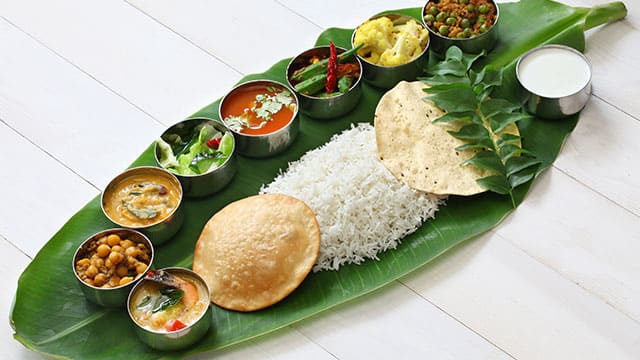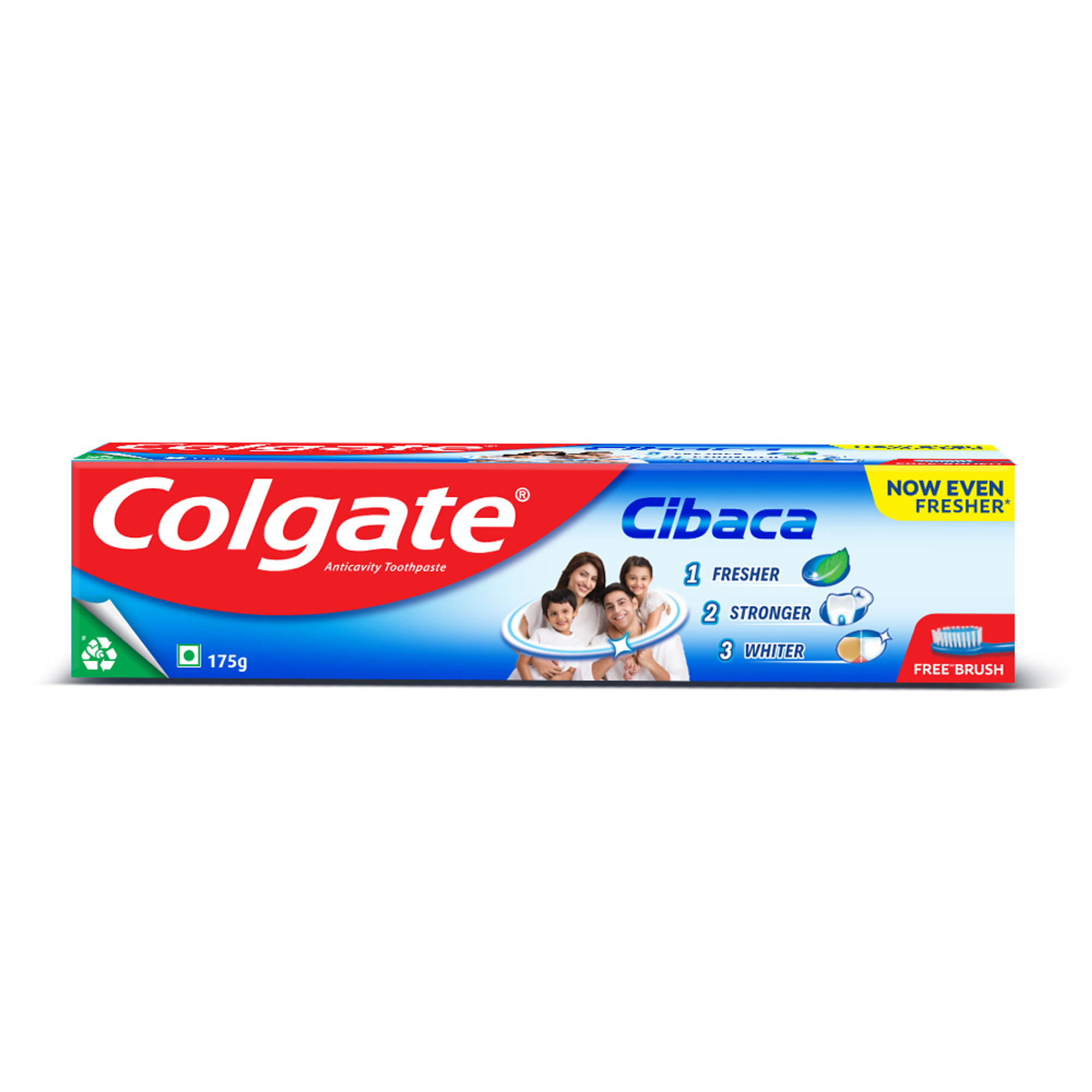Foods for Oral Health
Consuming whole grains, low-sugar breads and cereals, fresh fruits and vegetables and quality protein such as that contained in lean meats, eggs, fish, cheese and dry beans are the best choices of foods for a healthy mouth. According to the American Dental Association (ADA), fruits and vegetables should take up half of your plate, with the other half divided between foods containing unsaturated fats — for example, fish, nuts and oils — and a high-quality protein source. Fruits and vegetables are especially beneficial because chewing firm, coarse, watery and fibrous foods, such as broccoli, cauliflower, spinach, apples and lettuce, stimulates the flow of saliva, which enhances removal of foods and reduces food retention in your mouth. Calcium-fortified tofu can be substituted for animal protein sources.
What about Snacks and Sweets?
The ADA recommends limiting snacks between meals. Typical snack foods, such as slowly dissolving sweets, raisins, cookies and pastries, are high in sugar. Frequent eating of these types of foods increases the amount of time your teeth are exposed to the harmful effects of sugar while decreasing the ability of saliva to neutralise tooth-damaging acids. This means that those foods will continue to harm your teeth long after you have finished eating them. When deciding on a snack, opt for healthy, high-quality foods such as almonds, string cheese, fruits and vegetables. Low-fat milk and plain yoghurt are also beneficial because of the calcium and other nutrients they provide. If you must have something sweet, it is best to consume these sugary foods with a meal instead of multiple times throughout the day.
Beverages
Large amounts of sugar can also be found in beverages. Soft drinks, energy drinks and sports drinks are the main culprits, although coffee, wine and juices may be harmful to your teeth as well. Continuous sipping of sugary beverages feeds the bacteria in your mouth. This creates damaging acids. If you need to add a sweetener to your coffee or other beverage, artificial sweeteners such as aspartame, saccharin, sucralose and acesulfame are good alternatives to sugar because they add virtually no calories to your diet. In addition, artificial sweeteners do not contribute to the production of cavities because they do not bond with the bacteria in your mouth. Water remains by far the best choice you can make, especially if it is fluoridated. In addition, washing your mouth with water or chewing sugar-free gum immediately following a meal or snack will wash foods from your mouth and decrease the damaging effects of acids.
It is important to remember that following a nutritious and well-balanced diet is only the first step toward good oral health. Nothing can replace regular dental maintenance visits and proper home care.
This article is intended to promote understanding of and knowledge about general oral health topics. It is not intended to be a substitute for professional advice, diagnosis or treatment. Always seek the advice of your dentist or other qualified healthcare provider with any questions you may have regarding a medical condition or treatment.
ORAL HEALTH QUIZ
What's behind your smile?
Take our Oral Health assessment to get the most from your oral care routine
ORAL HEALTH QUIZ
What's behind your smile?
Take our Oral Health assessment to get the most from your oral care routine













